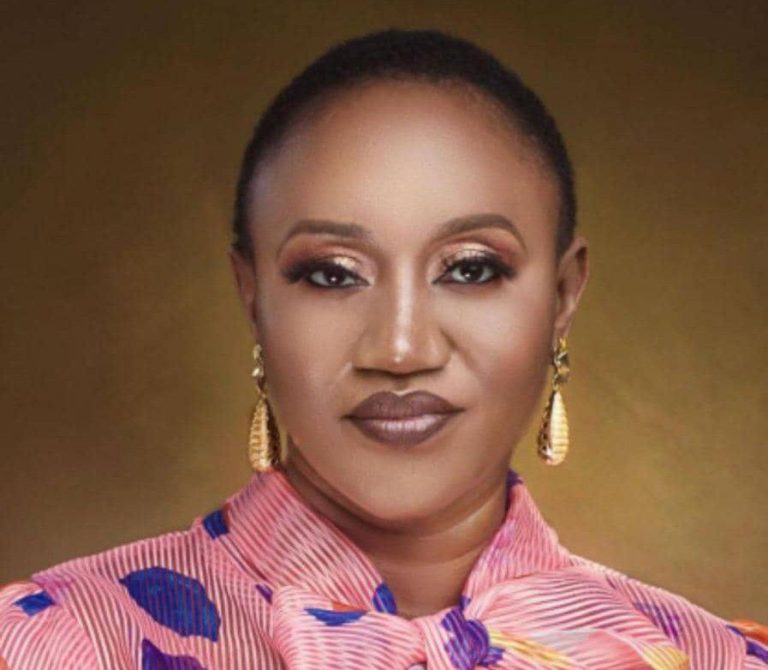ASHENEWS reports that the Special Adviser on Print Media to the Niger state Governor, Aisha Wakaso has decried the low inclusion of women in politics in Nigeria. She said that there are several barriers discouraging women across the country from taking part in politics.
Wakaso spoke at the annual maiden lecture organised by Crisp Nigeria (CrispNG), a youth-focused online media organization to commemorate the 2024 International Youth Day.
Addressing the topic “The Nigeria of Our Dreams: Preparing Women and Girls for Leadership”, the Governor’s Aide stated several barriers that are discouraging women in the country from taking part in politics.
“Sometimes women are blackmailed, sometimes, our private lives are brought to the public because we want political appointments. So, some of these things make us run away from getting into politics.
“From what we can see, in the whole 36 states of Nigeria, we do not have a female governor. If we have ever had a female governor, she got there because a man was pushed out maybe through impeachment or something. However, despite this little advancement that we think we are making, the number of women in politics remains dispassionately low compared to our male counterparts.
“We have been faced with so many challenges that hinder the effective participation of women in politics —culture and social norms. Being part of politics in Nigeria, you have to spend money. Women going into politics cannot match the men who spend hundreds and thousands of dollars to win primary elections.
Read Also: Expert links food price hike to middlemen, market associations’ activities
“Serah Jibril was an example who came out to contest for the PDP primaries, not a single vote from women who were delegates. Looking at the way things are now, we keep hearing that people pay millions to get political appointments, which is disheartening, and because we don’t have the economic power, that means we might have to always go to the men.”
Wakaso called for holistic reforms to address the marginalisation of women in politics in Nigeria. She also called on governors and relevant stakeholders to walk the talk when it comes to running an inclusive system.
“Strengthening legal frameworks that will be implemented to protect women. Women are not really protected; you see people at the national level disrespecting women.
“People as high ranking as the Senate President disrespect Senator Natasha Apoti. He refused to apologise until he was called out. If he could disrespect a potential senate president and his colleagues, imagine what he would do to me, who is at the local level.
“The issue of 35 per cent affirmative action, we keep talking and nothing is being done. In my state, we have just one woman in the House of Assembly. That has been it for the past six to ten years. For commissioners, we have just four or five. Nobody is really giving us the spot that we want.”


